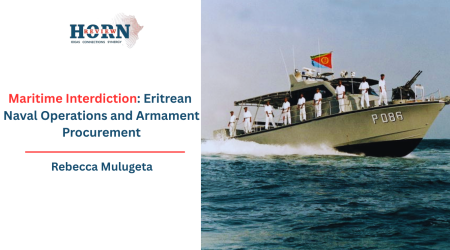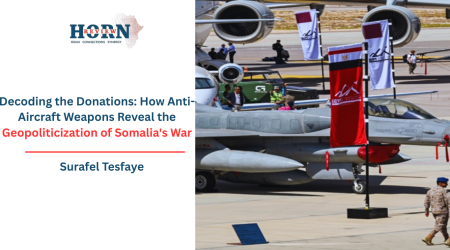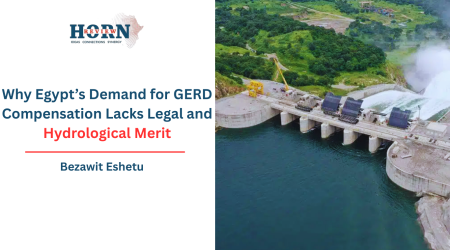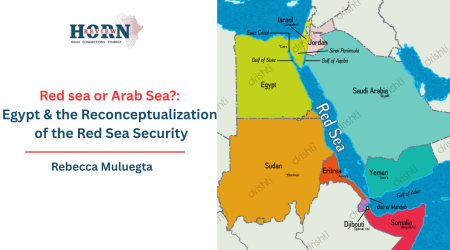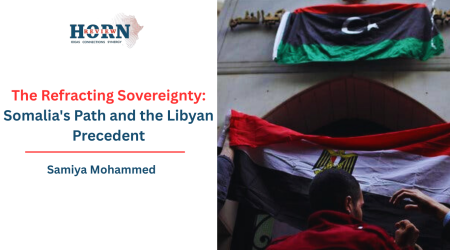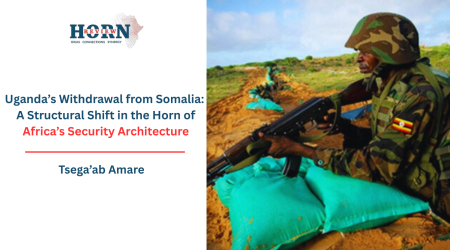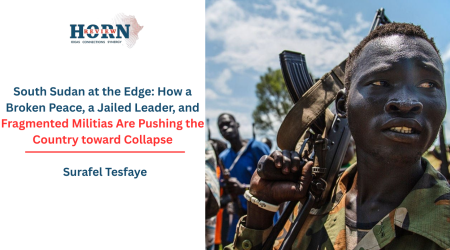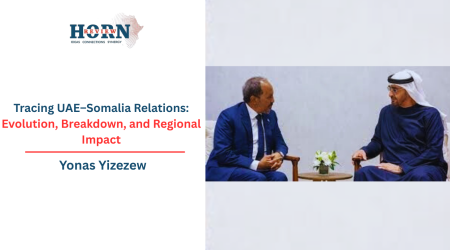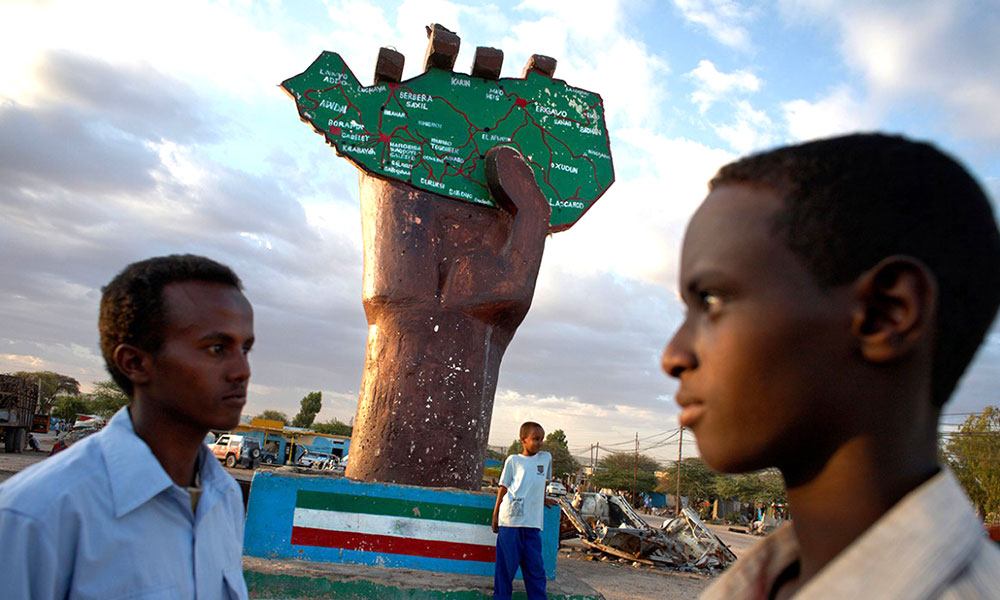
9
Jul
From Self-Rule to Global Stage: Inside Somaliland’s Pursuit of Legitimacy
The recent flurry of high level diplomatic engagements undertaken by Somaliland, particularly President Abdirahman Mohamed Abdullahi Irro’s significant visit to Qatar, alongside existing ties with the European Union and Taiwan, marks a moment in the nation’s long standing quest for international recognition. These strategic overtures are not symbolic gestures but they are concrete steps that are steadily elevating Somaliland’s profile on the global stage, showcasing its capacity for stable governance, democratic principles, and its vital role as a security anchor in a region.
As Hargeisa artfully navigates these diplomaticy , Ethiopia, finds itself in a unique position to be among the very first to formally acknowledge Somaliland’s sovereignty, thereby cementing a historically significant partnership and setting a precedent for regional diplomacy.President Irro’s briefing to the Council of Ministers following his Qatar trip highlights the multidimensional gains achieved. The nine meetings, including engagements with the Somaliland diaspora, businessmen, and intellectuals based in Qatar, score a concerted effort to leverage economic and cultural ties in service of diplomatic advancement.
This active engagement with a key Gulf nation, a region with considerable geopolitical influence, directly strengthens Somaliland’s presence in a critically important area. The notion that this diplomatic momentum firmly positions Somaliland on the security agenda of both the Horn of Africa and the Gulf is not an overstatement. In an era where maritime security, counter terrorism, and regional stability are significant , Somaliland, with its strategic location along the Gulf of Aden, presents itself as a reliable and capable partner, deserving of direct engagement.
Beyond the external advancements, the Council of Ministers session also provided a reassuring glimpse into Somaliland’s internal stability and resilience. The Interior Minister’s confirmation of a secure status with no signs of unrest speaks about the effective governance and inherent peace within the nation, a contrast to the persistent instability often associated with the broader Somali region.
The Environment Minister’s detailed report on fire disaster responses in the Sanaag Mountains, and the lessons drawn for future preparedness, illustrate a government that is not only reactive but also forward-thinking in addressing pressing domestic challenges. Similarly Even the focused attention on security concerns in the Badhan region, with the Investment Minister outlining concrete government action plans, reveals a holistic approach to governance, where internal security is seen as intrinsically linked to overall development and the attraction of external investment.
These internal strengths, coupled with the outward looking diplomatic strategy, are what make Somaliland’s case for recognition increasingly compelling. While the engagement with Qatar expands its reach into the Gulf, Somaliland’s established, or unofficial, relations with the European Union and particularly with Taiwan, a democratic entity facing its own unique international standing, have been instrumental in demonstrating its democratic credentials and its willingness to foster diverse partnerships based on shared values.
The presence of representative offices in Hargeisa from entities like the EU and Taiwan, along with the UK and Djibouti, signifies a level of de facto recognition and functional engagement that far surpasses what might be expected of an unrecognized entity. These relationships, built on mutual interest and a shared commitment to stability and development, contribute to a cumulative effect, gradually chipping away at the conventional international reluctance to grant formal recognition.
The recent Memorandum of Understanding for port access in Berbera, though it sparked contention with Mogadishu, signifies a recognition of Somaliland’s strategic importance and its inherent stability. Ethiopia’s historical relationship with Somaliland is distinct from its ties with the Federal Government of Somalia. Since Somaliland declared its re independence in 1991, Ethiopia has maintained a consistent, informal, working relationship, recognizing the practical reality of Somaliland’s self-governance and its role in regional security and trade. The port of Berbera has long served as a vital economic lifeline for Ethiopia, showcasing a functional interdependence that precedes and transcends the complexities of formal diplomatic status.
For Ethiopia, formal recognition of Somaliland would not be departure from its foreign policy, but rather a logical culmination of years of practical engagement and a strategic affirmation of its own national interests. By being among the first to formally recognize Somaliland, Ethiopia would not only secure its access to a vital maritime corridor but also gain a highly stable and reliable partner in a region prone to instability.
Such a move would be a bold statement, demonstrating leadership in regional diplomacy and acknowledging the reality of a functioning, democratic state that has, against considerable odds, built a system of governance worthy of international respect. It would reinforce the principle that effective self governance, democratic maturity, and a demonstrable capacity for contributing to regional peace and security should be key determinants of state recognition, rather than rigid adherence to outdated colonial boundaries or external pressures.
By Samiya Mohammed,Researcher,Horn Review

